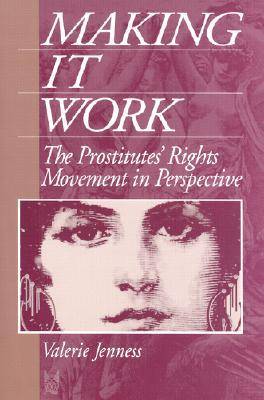Social Problems & Social Issues S.
2 total works
Violence directed at victimized groups because of their real or imagined characteristics is as old as humankind. Why, then, have -hate crimes- only recently become recog-nized as a serious social problem, especially in the United States? This book addresses a timely set of questions about the politics and dynamics of intergroup violence manifested as discrimination. It explores such issues as why injuries against some groups of people--Jews, people of color, gays and lesbians, and, on occasion, women and those with dis-abilities--have increasingly captured notice, while similar acts of bias-motivated violence continue to go unnoticed.
The authors offer empirically grounded, theoretically in-formed answers to the question: How is social change on this order possible? Their analysis of the dynamics draws upon three established traditions: the social constructionist approach; new social movements theory; and the new institutionalist approach to understanding change as a process of innovation and diffusion of cultural forms. In this case, new social movements have converged of late to sustain public discussions that put into question issues of -rights- and -harm- as they relate to a variety of minority constituencies.
The authors couple their general discussion with close attention to many particular anti-violence projects. They thereby develop a compelling theoretical argument about the social processes through which new social problems emerge, social policy is developed and diffused, and new cultural forms are institutionalized.

